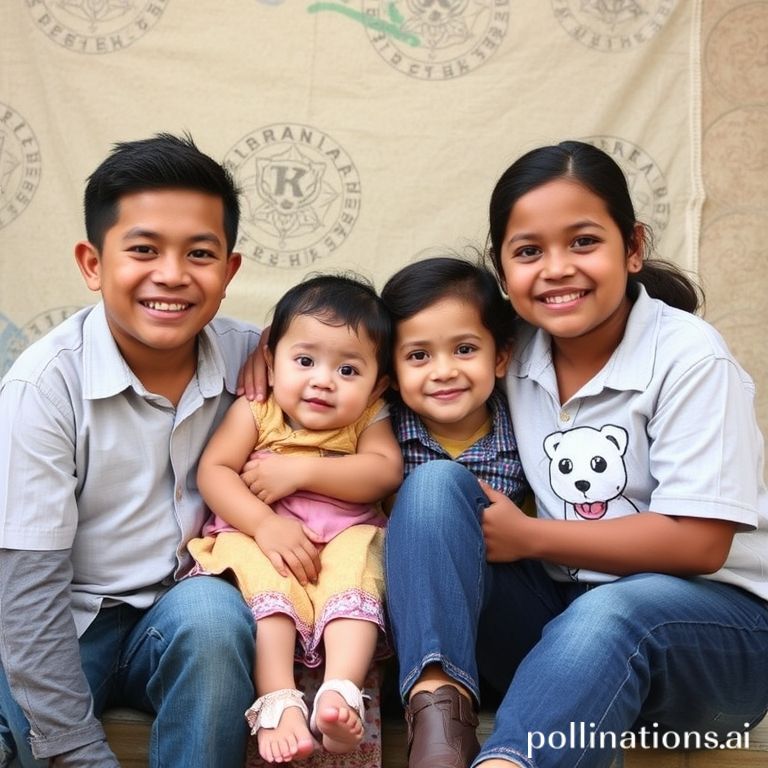Mexican culture is renowned for its strong family ties, vibrant traditions, and a deep sense of community. These values are beautifully reflected in Mexican parenting styles, which prioritize warmth, respect, and the well-being of the entire family unit. While every family is unique, there are some common threads in Mexican parenting that offer valuable lessons for parents worldwide.
Exploring these parenting values can provide insights into raising children who are not only well-adjusted but also deeply connected to their heritage and community. Let’s delve into some key aspects of Mexican parenting that you might find inspiring and helpful in your own parenting journey.
The Importance of “Familismo”
“Familismo,” or family-centeredness, is at the heart of Mexican parenting. It emphasizes the importance of close-knit family relationships and mutual support. This means that children are often raised in extended family environments, surrounded by grandparents, aunts, uncles, and cousins. This communal approach to raising children provides a strong support system for parents and a deep sense of belonging for children.
Benefits of Familismo:
- Children learn valuable social skills through interacting with family members of all ages.
- Parents receive practical and emotional support from their extended family, reducing stress and promoting well-being.
- Children develop a strong sense of identity and cultural pride through exposure to family traditions and stories.
Respect and “Educación”
In Mexican parenting, respect, or “respeto,” is highly valued. Children are taught to respect their elders, teachers, and authority figures. This respect extends to all individuals, regardless of their background or social status. “Educación,” which goes beyond formal schooling, encompasses moral and social development. Parents strive to instill in their children values such as honesty, integrity, and compassion.
How Respect is Taught:
- Children are encouraged to listen attentively to adults and to address them formally.
- Discipline is often based on guidance and explanation rather than harsh punishment.
- Children are taught to value the contributions of all family members and to treat everyone with kindness.
Warmth and Affection
Mexican parents are known for their warmth and affection. Physical touch, such as hugs and kisses, is common and serves as a way to express love and support. This emotional warmth creates a secure and nurturing environment for children, fostering their emotional well-being and resilience. Children are often showered with praise and encouragement, boosting their self-esteem and confidence.
The Impact of Affection:
- Children feel loved and secure, which promotes healthy emotional development.
- Parents build strong bonds with their children, creating a foundation of trust and communication.
- Children learn to express their own emotions in a healthy and constructive way.
Traditional Gender Roles (Evolving)
Historically, Mexican parenting has often been influenced by traditional gender roles. While these roles are evolving, they still play a part in some families. Mothers are often seen as the primary caregivers, while fathers are traditionally the breadwinners. However, modern Mexican families are increasingly embracing more egalitarian roles, with both parents sharing responsibilities for childcare and household chores. This shift reflects a growing awareness of the importance of gender equality and shared parenting.
Understanding Gender Dynamics:
- Recognize that gender roles are evolving and vary from family to family.
- Encourage both boys and girls to participate in a variety of activities, regardless of traditional gender expectations.
- Model equality and respect in your own relationships.
Community and Social Connection
Mexican culture places a strong emphasis on community. Children are encouraged to participate in community events and to develop a sense of social responsibility. This sense of community extends beyond the family to include neighbors, friends, and the broader society. Parents often involve their children in community service projects and encourage them to be active members of their communities.
Building Community Spirit:
- Attend local festivals and events as a family.
- Volunteer for community service projects together.
- Teach children the importance of helping others and contributing to the well-being of the community.
Conclusion
Mexican parenting values offer a wealth of wisdom for parents seeking to raise well-rounded, compassionate, and culturally aware children. By embracing values such as “familismo,” respect, warmth, and community, parents can create a nurturing environment that fosters their children’s emotional, social, and intellectual development. While traditional gender roles are evolving, the core values of love, respect, and family remain central to Mexican parenting. Exploring and adapting these values can enrich your own parenting journey and help you build a stronger, more connected family.
If you found these insights helpful, share this article with other parents and explore our other articles on family life and cultural traditions in Mexico!
IMAGE: A heartwarming photograph captures a multigenerational Mexican family gathered in a sunlit courtyard. The scene is filled with laughter and warmth. An Abuela (grandmother) is embracing a young child, while parents look on with pride. Colorful papel picado (paper banners) hang overhead, adding a festive touch. The overall mood is joyful, intimate, and celebratory, reflecting the strong family bonds in Mexican culture. The style is natural and candid, like a documentary photograph.


